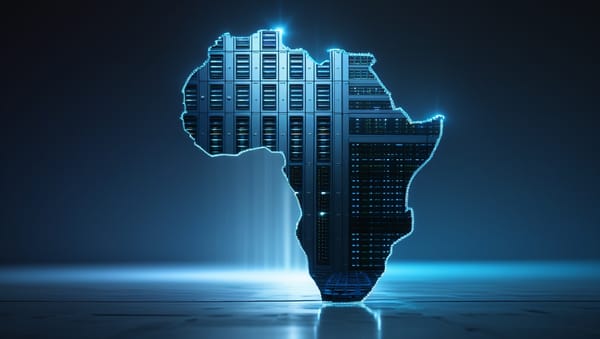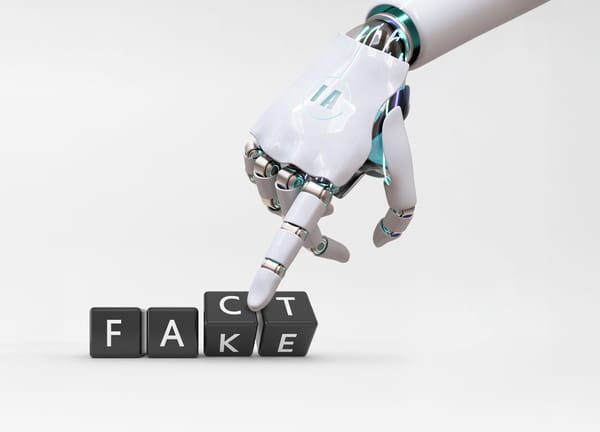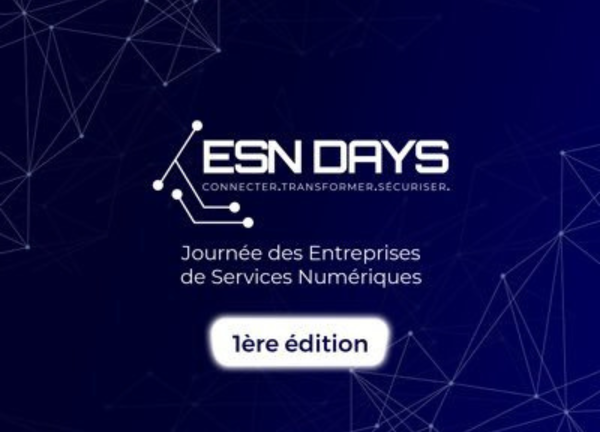The image of Africa in international media has a considerable impact. It negatively influences tourism, discourages investments and contributes to disseminating a reductive vision of the continent, often far from its current reality, its diversity and its potential.
Online disinformation, especially through "fake news", costs nearly $ 80 billion a year to the world economy. In the United States, the retirement savings sector alone records around 19 billion annual losses due to financial disinformation. If this phenomenon affects all continents and sectors, it takes a particular form in Africa, where prejudices play a central role. The continent is still widely perceived through a biased prism, presenting its populations as primitive, whether intentional or not.
Emily Dickinson, in her poem there is no frigate like a book , illustrates the power of stories: they can make us travel without moving from our home. The stories shape the vision of the world. However, those told about Africa - whether they come from outside or from the inside - often tend to strengthen certain stereotypes.
To counter these biased narratives, Africa No Filter has teamed up with The Ai Shop to create the African Bias Buster, an innovative tool based on artificial intelligence. The mission of this system is to detect and correct the prejudices present in the content linked to Africa, whether flagrant or subtle.
Designed to assess the texts in real time, the African Bias Buster attributes a partiality score and offers concrete ways of improvement. It is a real technological progress at the service of fairer and nuanced accounts on Africa.
Ekow Duker , writer and co -founder of The Ai Shop , explains:
“We have created the Africa Bias Buster to show that artificial intelligence can be a positive force of change. By combining our technological expertise in understanding the narrative biases of Africa No Filter, we offer a practical and immediate tool to all those who write on Africa. »»
Free accessible, the tool illustrates the potential of AI to meet long -standing social challenges. It is aimed at a large audience: journalists, authors, content creators, podcasters, screenwriters or university. For Moky Makura , Executive Director of Africa No Filter, this tool is a "guardian of our digital collective memory". She underlines:
“By analyzing the writings to detect stereotypes and providing constructive return, the tool makes it possible to produce more impactful accounts on Africa. »»
The African Bias Buster is based on a linguistic model formed from a large set of texts, including many examples of stereotypes in various contexts. He compares the content subject to this database to detect biases and orient the authors towards a more balanced narration.
Compatible with Docx, PDF and TXT formats, the tool has already been presented to storytellers at the Africa Media Festival in Nairobi. Partnerships are underway with universities and journalism schools to expand its use.
For its designers, this tool represents much more than a simple digital tool. It is a cultural antidote.
"If prejudices kill, the truth is therapy. What The Lancet is to medicine, we want to be for cultural narration , "said The Ai Shop team.
In a world in full digital transformation, tools like the African Bias Buster offer Africans a way to regain control over how their continent is told. They open the way to more complete stories, reflecting not only challenges, but also cultural wealth, innovations, economic and tourist opportunities on the continent.
In short, it is an invitation to tell Africa otherwise - with accuracy, depth and dignity.
By Kosisochakwu Charity Ani









